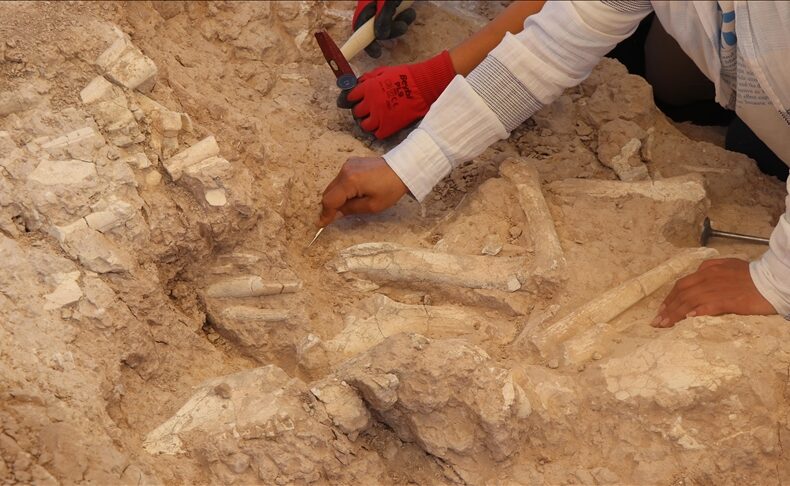
7.7-Million-Year-Old Fossil Bed Discovered by Goat Herder in Central Türkiye
A chance discovery by a goat herder in central Türkiye has led scientists to uncover a fossil-rich site dating back 7.7 million years, offering rare insights into the region’s prehistoric ecosystem. Located near Yamula Dam in the Kocasinan district of Kayseri, the site has become one of the most significant fossil zones in Anatolia. Excavations
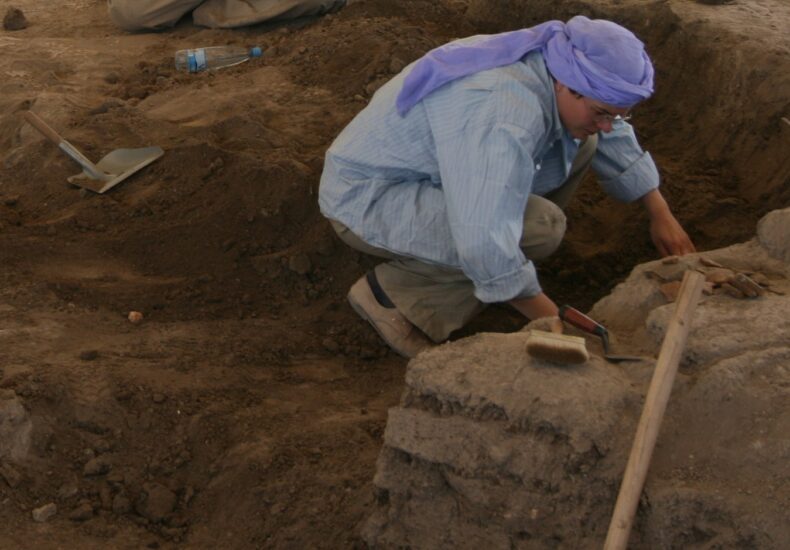
Around 9,000 Years Ago: What Role Did Women Play in Çatalhöyük Society? New Discoveries Reveal Insights
Located in central Anatolia, the ancient settlement of Çatalhöyük continues to provide valuable insights into early human civilization. Recent interdisciplinary research has revealed that women held a significant role in shaping social structures nearly 9 millennia ago. An international team of scientists from Turkey, Denmark, Sweden, and the US examined the genetic makeup of 131
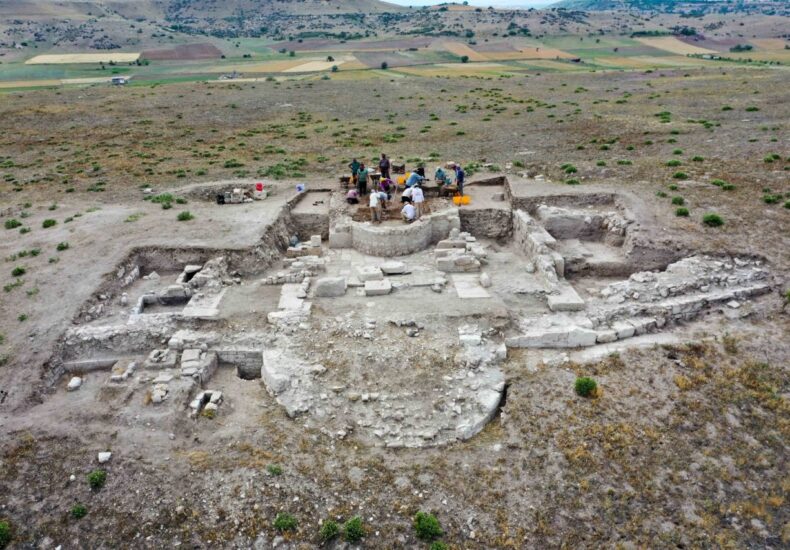
Excavations Start in the Ancient City of Lystra, Mentioned in the Bible
Archaeological excavations have resumed in 2025 at the ancient city of Lystra, located in Konya’s Meram district — a site of great historical and religious significance, particularly within Christian tradition. Known as one of the rare cities mentioned in the Bible, Lystra is attracting growing international interest. Nestled between the Botsa and Hatunsaray regions of
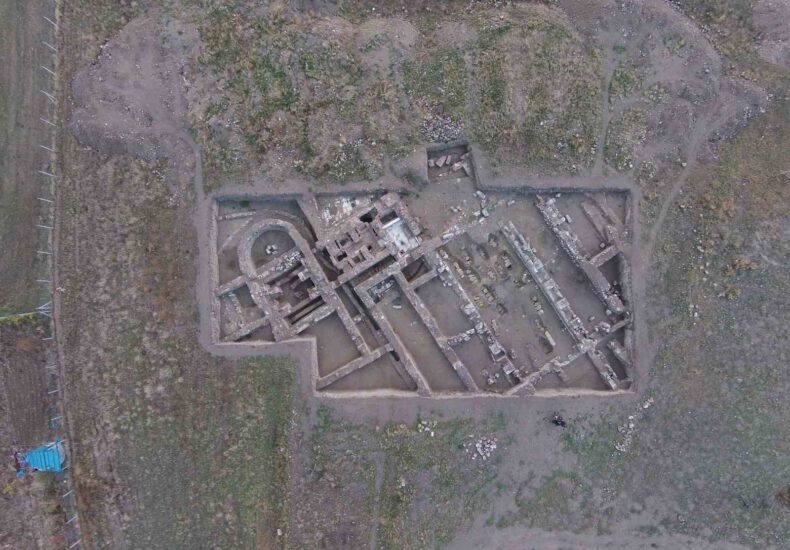
“The Ephesus of Central Anatolia”: Ancient Roman Bath in Türkiye Unearthed Again After Years of Silence
A long-forgotten Roman-era bath complex has resurfaced in public attention, thanks to a recent cultural tour organized by the Kırşehir City Council. Dubbed the “Ephesus of Central Anatolia,” the ancient site near the village of Büyükteflek in Kırşehir’s Çiçekdağı district continues to reveal its secrets beneath the soil. The archaeological site, located in the Kale

Royal Tomb Discovered in Ancient Gordion: Monumental Find Sheds New Light on King Midas’ Legacy
ANKARA, Türkiye – A groundbreaking archaeological discovery has emerged from the heart of Anatolia. In the ancient city of Gordion, a newly unearthed wooden burial chamber—believed to belong to the Phrygian royal family—has captivated historians and archaeologists worldwide. Announced by Turkey’s Minister of Culture and Tourism, Mehmet Nuri Ersoy, the find is being hailed as

The Hittites’ Gateway to the West: Archaeological Excavations Continue at Şarhöyük, Eskişehir
Just a few kilometers from the heart of Eskişehir, central Türkiye, lies Şarhöyük, an archaeological treasure trove that offers a window into thousands of years of Anatolian history. Identified with the ancient city of Dorylaion, this site is now at the center of a major excavation project revealing the layers of civilizations that once flourished
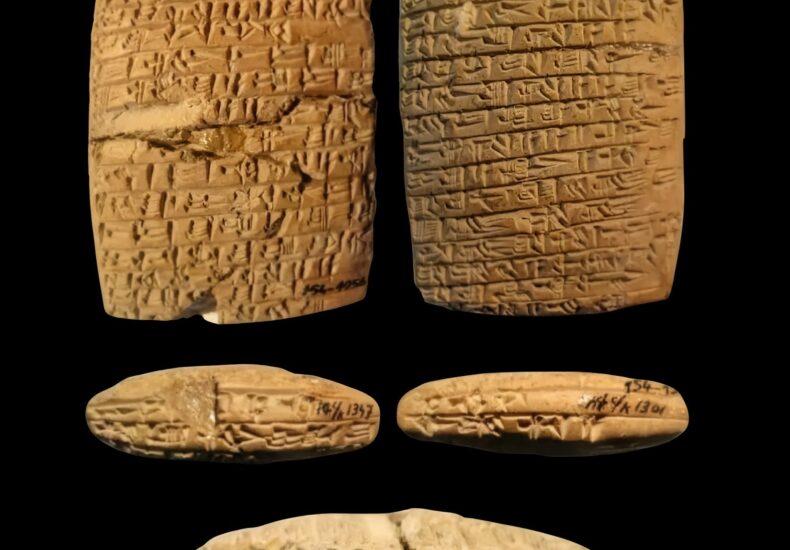
A 4,000-Year-Old Will from Kayseri’s Kültepe: “No Furniture Shall Leave the House.”
“No furniture shall leave the house.”This phrase, inscribed in cuneiform on a clay tablet found at Kültepe (ancient Kaniš), might not sound unfamiliar to the modern legal ear. But its true weight becomes clear when one learns that it dates back to around 1900 BCE—making it one of the earliest known examples of a written
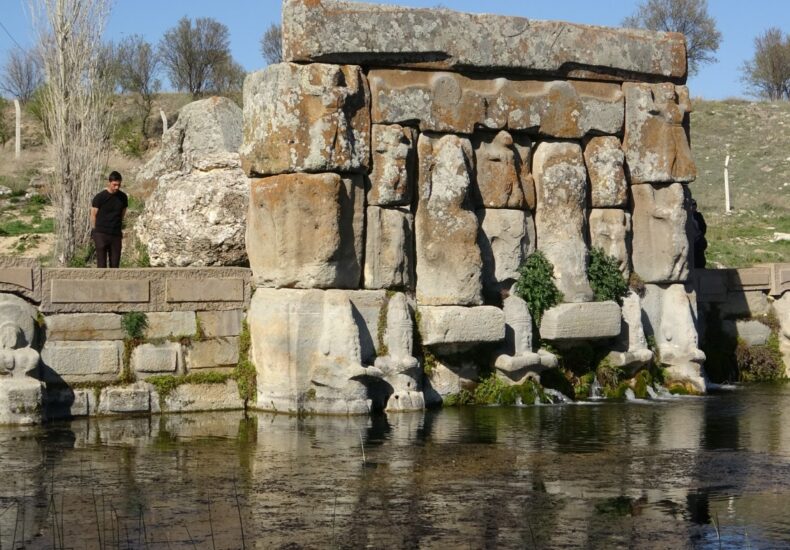
Eflatunpınar Hittite Water Monument: 3,275 Years of Heritage Written in Water
Located in Konya’s Beyşehir district, Eflatunpınar reflects the sacred meaning of water in Hittite civilization The Eflatunpınar Hittite Water Monument, located in the Beyşehir district of Konya, was built approximately 3,275 years ago by the Hittites for religious ceremonies and to exalt the water cult. Positioned beside a clean natural spring, the monument stands as
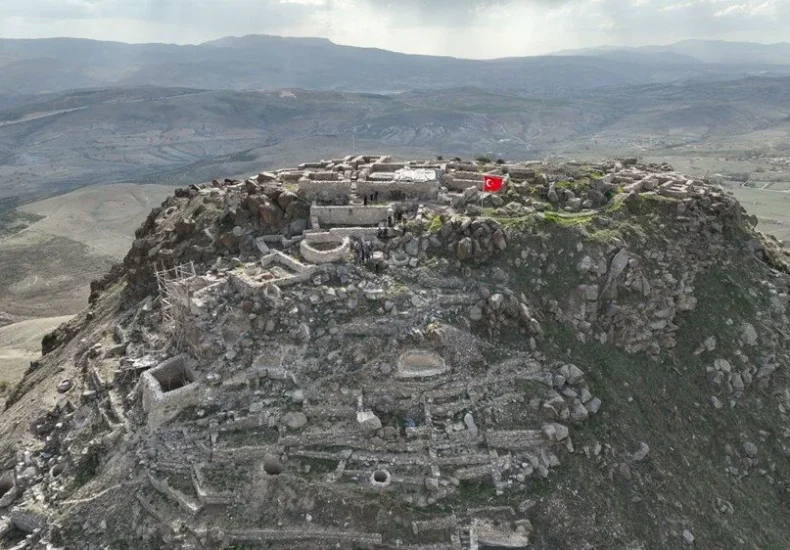
Gevale Castle on Takkeli Mountain to Open a 5,000-Year-Old Historical Window in Konya
Located at the summit of Takkeli Mountain in Konya’s central Selçuklu district, Gevale Castle, a site that bears the traces of multiple civilizations including the Hellenistic, Roman, Byzantine, Seljuk, Karamanid, and Ottoman empires, is undergoing extensive restoration work. Once completed, the site will offer visitors the chance to explore 5,000 years of Anatolian history while
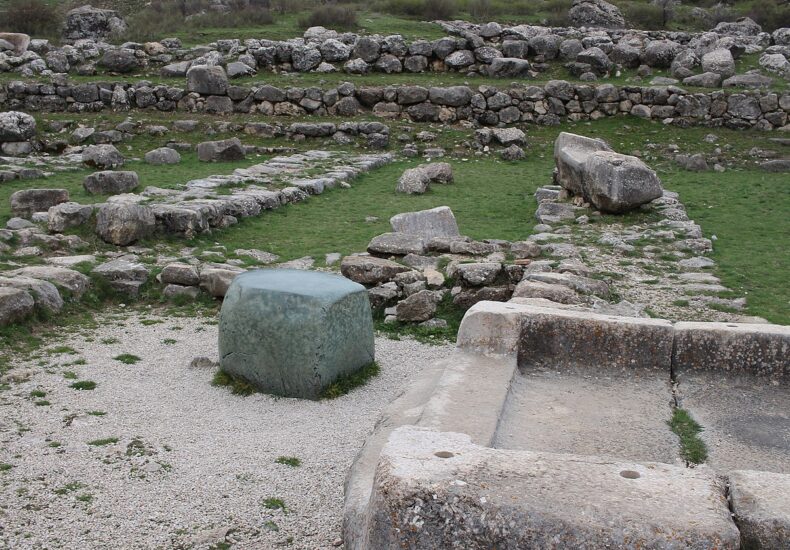
The Green Stone of Hattusa: An Ancient Enigma in the Heart of the Hittite Capital
In the archaeological heartland of Hattusa—the ancient capital of the Hittite Empire—stands a unique object that has defied clear interpretation for decades. Known simply as the Green Stone, this smooth, cube-shaped block is positioned inside the city’s Great Temple, a sacred site dating back to the second millennium BCE. Unlike the surrounding limestone structures, the
